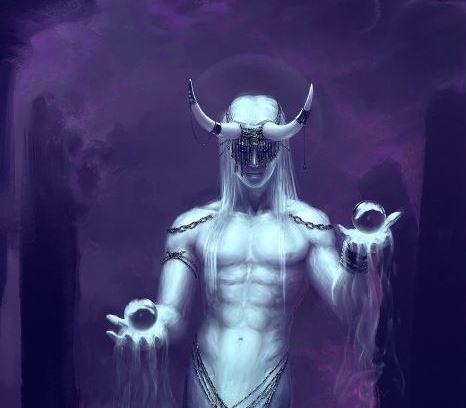Morpheus

🌙 Who is Morpheus?
🔹 Role: God/spirit of dreams
-
Morpheus is one of the Oneiroi—the personified spirits of dreams.
-
Among them, Morpheus was the most powerful or prominent, known for shaping and delivering human dreams, especially those involving human forms.
-
His name literally means "form" or "shape" in Greek (μορφή / morphē), because he could appear in any form within a dream.
-
-
He’s said to visit sleeping mortals, creating realistic visions that resemble people from waking life.
🧬 Parentage
-
Often described as the son of Hypnos, the god of sleep.
-
Sometimes also connected with Nyx (Night), Hypnos’s mother and a primordial goddess.
-
In Ovid’s Metamorphoses (Roman source), Morpheus is one of a trio of dream-bringers:
-
Morpheus – dreams in human form
-
Phobetor – brings dreams of animals or monsters
-
Phantasos – creates dreams of inanimate things (landscapes, objects)
-
🌌 Symbolism
Morpheus isn’t just a character—he’s a deep archetype:
-
Dreams and altered states of consciousness
-
Illusion vs. reality
-
Messenger between worlds – sleep, death, the divine
-
Often linked with prophetic or divine dreams
-
His realm overlaps metaphorically with artists, poets, mystics, and yes—psychedelic or lucid dreaming practices
🛏️ Modern Influence
-
The word "morphine" is named after him because of its sleep-inducing effects.
-
Morpheus in The Matrix is named deliberately—he helps “wake” Neo from the illusion of reality, echoing his mythic role in shifting perceptions.
-
Often referenced in literature, gothic stories, and fantasy media as the embodiment of dreams or the guide through dreamworlds.
🧠 Esoteric / Occult Layers
In occult or mystical traditions, Morpheus may also be seen as:
-
A guide of the astral plane
-
A symbolic gatekeeper between the conscious and unconscious mind
-
Associated with the Moon, Pisces, Neptune—all dream-heavy archetypes in astrology

